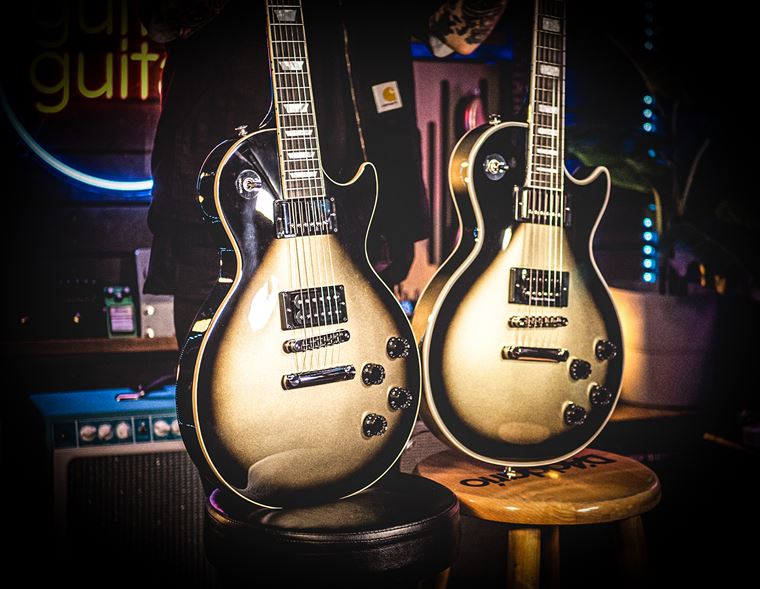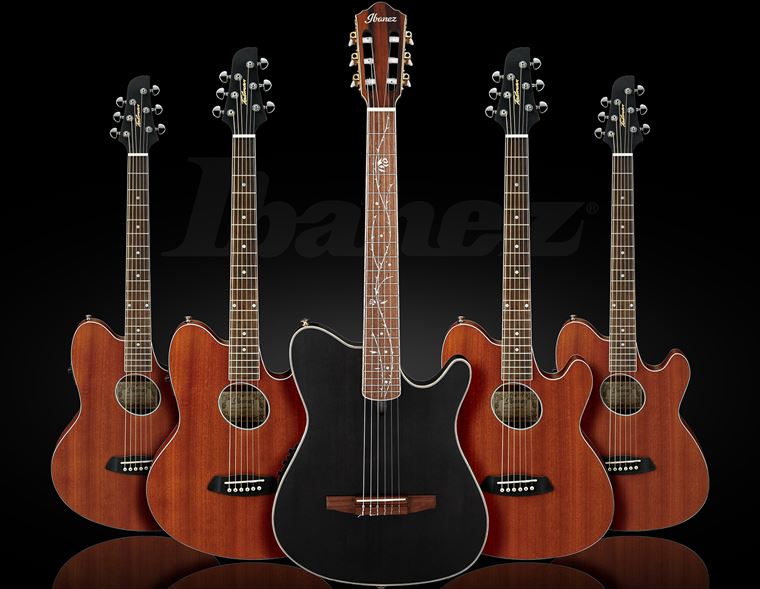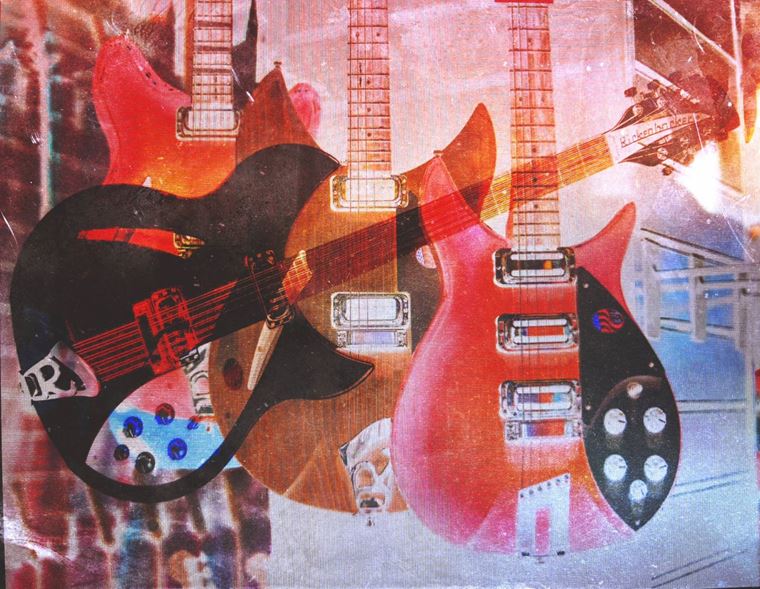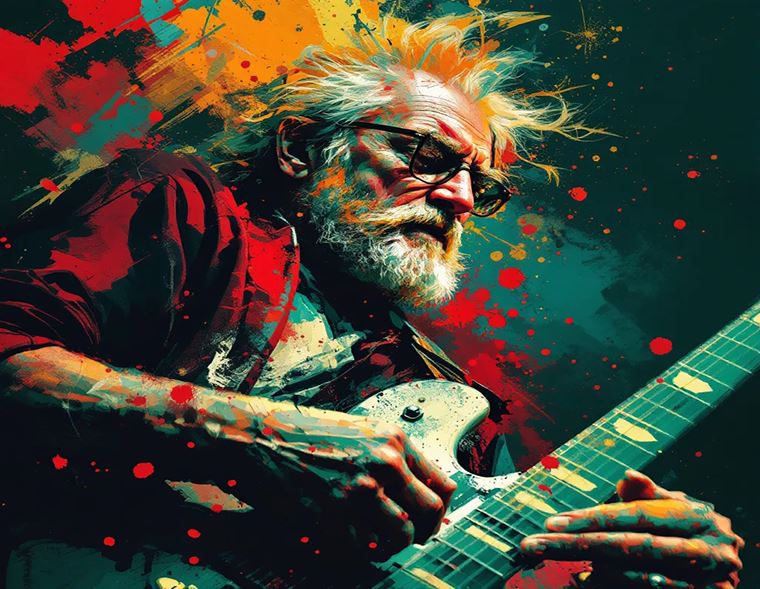Vangelis: Greatest Songs
You know you’re super-famous when you are known across the world by your first name only. The great Greek composer and electronic pioneer known to us all as Vangelis sadly passed away on 17th May at the age of 79. The oscar-winning musician, known to his parents as Evángelos Odysséas Papathanassíou, changed the face of film scores forever with his iconic Chariots of Fire and Blade Runner soundtracks, ushering in the realistic prospect of utilising an entirely electronic ‘orchestra’ to create grand vistas and epic soundscapes.

Massively influential as a member of Greek prog band Aphrodite’s Child, Vangelis then soared to greater heights with a solo career that ran alongside his soundtrack work. Closely associated with triumphant, beautiful pieces of synthesized orchestration, he also accidentally invented the ‘chillout’ genre with records like Oceanic and El Greco. His incredible use of the Yamaha CS80 synthesizer (Google it and cry at the price of a vintage example) brought emotion and dynamics to the synth world like nobody before, or indeed since.
Whilst his death is a sad loss to the world, his life was a glorious triumph. Talk about accomplishing your mission on Earth? Today, we pay tribute to the maestro by bringing together a small selection of his greatest pieces. If you’ve not listened to Vangelis in a while, why not take a second to drink in the lush, gorgeous sounds as they soar through your soul? You’ll feel like an Olympian, too…
Chariots of Fire Theme
This is, of course, Vangelis’ most well known composition by quite a margin. Written for the 1981 movie celebrating Eric Lidell’s momentous performance at the Olympics, this particular piece doesn’t actually show up during any of the races. It’s been used innumerably since, though: whenever deeds of sporting greatness are ever required to be shown in slow motion, no other music will do!
Eric Lidell ran for the glory of God (“I believe God made me for a purpose, but he also made me fast! And when I run I feel his pleasure.”), and this piece of music positively glows with radiance. Vangelis actually wrote this piece as a tribute to his own father, who was a runner himself, so the emotion obviously travelled deeply.
The choice to use only synthesizers to score a film set in the 1920s was something of an anachronism at the time, but the risk pulled off, earning Vangelis an Academy Award and defining his trademark sound for the rest of his life.
Blade Runner Main Titles
Vangelis’s impressionistic score to the uber-influential Ridley Scott sci-fi movie was written in real-time whilst the film’s scenes played out on a large screen in Vangelis’ Nemo Studio in London. He set up his synths and just reacted to the images that were presented to him, adding flourishes as the scenes progressed. Impressive!
This track, perhaps more than any other, is what put the Yamaha CS80’s brass and string sounds on the map for synth fans. Before this, it was just an unwieldy, expensive piece of furniture with strange controls. After this, it was the ultimate means of synth expression: a living, breathing, empathetic sound that spoke to both the futuristic and the ancient within us all. It remained Vangelis’ primary keyboard for his whole career (he loved the ribbon controller in particular), and, given results like this, why would he look anywhere else?
Titans
Oliver Stone’s ambitious Alexander the Great biopic may have been a glorious muddle of a movie (though nothing like the disaster some critics made it out to be), but he hit solid gold with his choice of composer. Vangelis’ Alexander score is exotic and mysterious, whilst also being bold and heraldic, much like the film’s immense, ambiguous subject. Where was the Oscar for this one?
Vangelis grew up hearing the stories and legends of Alexander, as it was part of his Greek history and heritage. Who better to explain the complex, dramatic, globe-trotting story of such a colossus through music? Titans is one of the movie’s main themes, and is suggestive of the moments in Alexander’s life when the world was quite literally at his feet. It’s an enormous piece of music, with the signature Vangelis synth mixed in deep to allow the full orchestra and choir to more appropriately approximate the sound of a living god/pharaoh/conqueror/despot. Music really doesn't get any bigger than this, does it? From the rousing horns to the choral refrain of ‘glory’ as the strident theme stretches to its full wingspan, this is truly the stuff that myths are made of.
Conquest of Paradise
Talking about huge pieces of music, the ‘chorus’ to this theme is so epic, it nearly takes off and flies! Teaming up again with Blade Runner director Ridley Scott, this time the subject was Christopher Columbus and his story about ‘finding’ America. In all honesty, we don’t recommend seeking out the movie, but this incredible theme can serve as a soundtrack to any event in your own life instead, engraving a level of gravitas and momentum that only Vangelis could possibly offer.
The verses might be based on an old folk melody La Follia (and also used in a vodka advert back in the day), but those huge synth breaks are pure, unadulterated Vangelis.
Chung Kuo
Vangelis’ 1979 concept album China was one of the records that won him a reputation as a master of exotic chillout music. This song, Chung Kuo, takes its name from the Westernised version of Zhongguo, which is how ‘China’ is said in Mandarin.
In Vangelis’ own words, he "tried to capture in this record China as I feel it, with its peculiar character, its perfume. I find certain resemblances between the music of China and the music of Greece. Of course, I find a lot of musical similarities all around the world".
Whilst sounding resoundingly as the maker intended, it also has a deeply futuristic, science fiction atmosphere too. Was Vangelis being accidentally prophetic? Who knows, but it’s one of his best for sure.
I’ll Find My Way Home
Vangelis occasionally collaborated with vocalists, and the person he used most often was Jon Anderson from Yes. Throughout the 80s, the pair created a trio of well-loved albums, and this particular cut was a big hit for them. In recent years, Anderson has commented on how he once actually asked Vangelis if he wanted to join Yes as a full time member. Could this song be an indication of what lay in store? We’ll never know, as Vangelis, who was thoroughly sick of playing in rock bands, politely refused him. Quite right!
Deliverance
This beautiful theme is one of the last from Vangelis’ Antarctica score, a Japanese nature documentary from the 80s. It’s a wonderful example of his simple yet quite gorgeous writing technique, with subtle changes and modulations lying underneath exquisite beds of synths. Like a lot of his music, Deliverance could be easily used in so many other contexts than the one it was made for. Such was his knack for that human/emotional touch, with just the right amount of judgement in terms of arrangement and instrumentation. Vangelis’ music was always lush and rich, but it was never too much: it was also exactly right. This piece is a great example.
Tears in Rain
It’s back to Blade Runner for what, realistically, had to be the final choice on our list today. Has there ever been a better melding of subject, picture, acting and music?
Rutger Hauer’s synthetic-human antihero Roy Batty sits on a rooftop in a dark, rainy Los Angeles night, resigned to the unyielding fact of his imminent death. Electing to save the life of his enemy as a gesture of humanity he’d never himself have received, Batty smiles sadly and recounts moments of wonder he has witnessed throughout his brief lifespan, lamenting their loss into the mists of time like his tears lost in the rainfall.
It’s an enormously affecting scene, and a wonderful way to subvert the film’s ending from what we, the audience, expected. Vangelis proves more than up to the task of elevating the moment. Electing to hold back on his signature bombast, he instead gives us a delicate and subtly complex piece of music, simultaneously offering beauty and hope whilst underscoring the elegy and finality of the moment. It’s one of those times where we can’t possibly consider any other piece of music fitting in its place, meaning it’s pretty perfect. Respect to the maestro!
Evángelos Odysséas Papathanassíou
1943-2022
Ray McClelland












